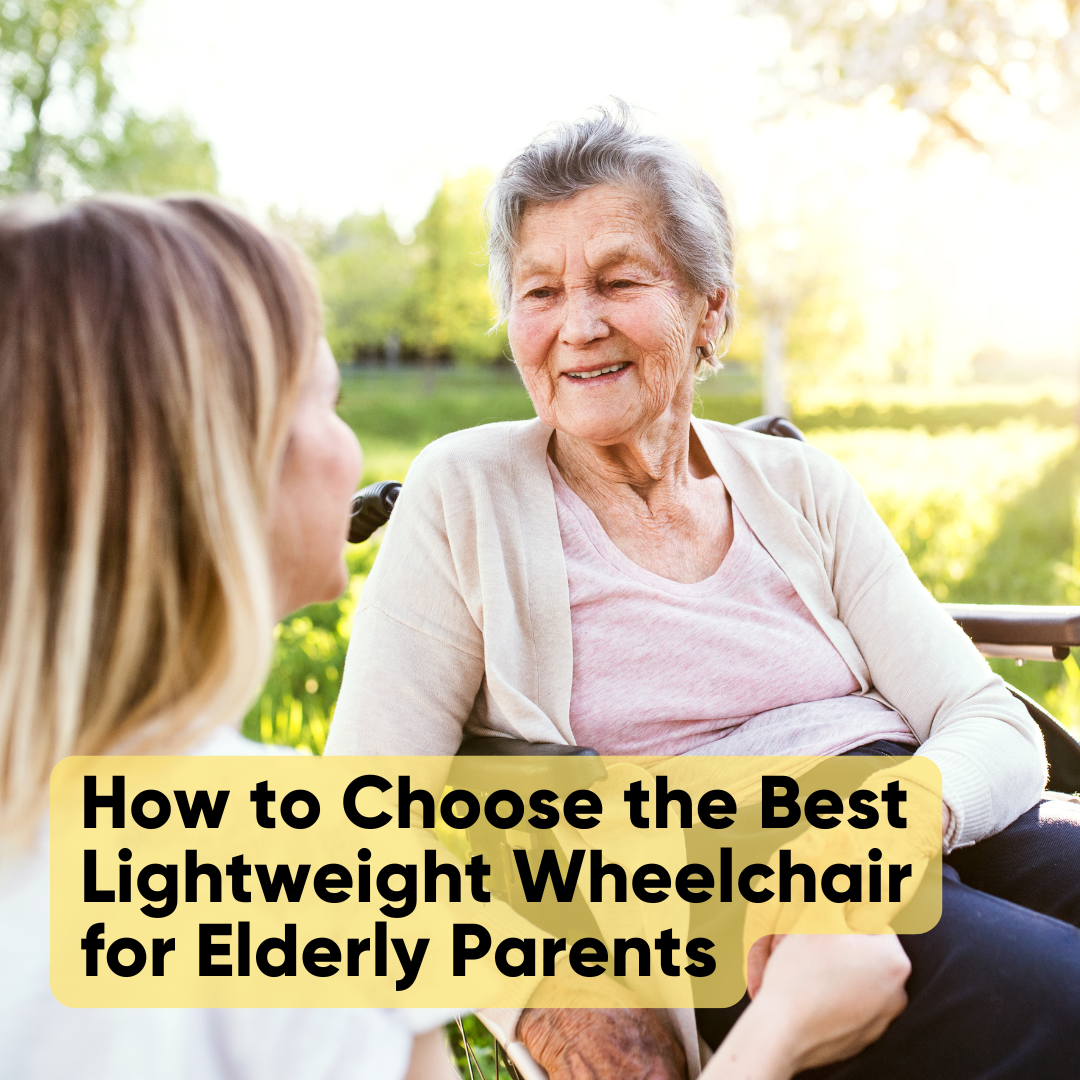Your Cart is Empty
January 22, 2025 3 min read

Fall prevention is a critical aspect of caring for an elderly loved one, given their heightened risk of injury due to the reduced stability that comes with age. For those whose mobility has declined, aids such as walking canes or rollators with seats can significantly enhance safety and independence. However, even with a carefully fall-proofed home and the right mobility aids, it is impossible to eliminate the risk of falls entirely.
When a fall does occur, seeking immediate medical evaluation is essential. While these visits often focus on diagnosing and treating injuries like fractures, a thorough examination should go beyond immediate concerns. To prevent future falls, it is crucial for healthcare professionals to identify any underlying factors that may have contributed to the incident. A comprehensive post-fall assessment can reveal hidden risks and provide insights into mitigating future hazards, even if the fall initially appears to be a simple accident.
Here are the key areas to address during a medical evaluation after a fall:
1. Identifying New or Underlying Illnesses
A new or worsening health condition can significantly increase the likelihood of falls in seniors. Common acute illnesses, such as urinary tract infections (UTIs), anaemia, or heart issues like atrial fibrillation, can lead to sudden weakness, delirium, or loss of balance. If you’ve noticed any changes in your loved one’s health—however minor—share these observations with their doctor, including details about when and how the symptoms began.
In addition to acute conditions, chronic issues may also play a role. For instance, some seniors may experience falls due to cardiovascular problems like sick sinus syndrome, which can cause the heart to beat too slowly, or paroxysmal rapid atrial fibrillation, which leads to occasional rapid heart rates. Neurological conditions, such as Parkinson’s disease, can also emerge subtly, causing balance issues or unsteady gait over time. If falls are recurrent despite addressing acute illnesses and medication risks, consider asking the doctor to evaluate for these chronic conditions.
2. Checking Blood Pressure and Pulse While Sitting and Standing
Orthostatic hypotension—a drop in blood pressure upon standing—can cause dizziness, light-headedness, or even fainting, increasing the risk of falls. This condition is especially important to address if your loved one has experienced falls or near falls accompanied by these symptoms in the past. If your older relative takes blood pressure medications, ensure the doctor evaluates whether the dosage is contributing to this issue.
3. Assessing Balance, Gait, and Leg Strength
Balance, gait, and leg strength are critical components of fall prevention. Doctors often evaluate leg strength by asking seniors to stand up from a chair without using their arms. Gait pattern assessments involve observing how a person walks and checking for irregularities or difficulties. If any of these areas are impaired, addressing pain or discomfort and referring the individual to physical therapy can be highly beneficial. Physical therapists specialise in designing strengthening and balance exercises tailored to improve stability and mobility.
4. Evaluating Osteoporosis and Fracture Risk
While osteoporosis itself does not increase the likelihood of falls, it greatly amplifies the risk of serious injuries like fractures if a fall occurs. Thinning bones are a common aspect of ageing, so it’s essential to ensure that seniors are evaluated for osteoporosis, particularly after a fall. Proactive measures, including bone-strengthening treatments and lifestyle changes, can reduce the severity of potential injuries.
5. Reviewing Medications
Medications play a significant role in fall risk, especially in older adults. Some medications can be reduced or eliminated to lower this risk. Be sure to discuss the following types of medication with your healthcare provider:
Conclusion
Effective medication management, from regular communication with healthcare providers to thorough monitoring of medication regimens, makes up a big part of effective caregiving for elderly family members. As such, be sure to spare no effort to stay informed, organised, and proactive to significantly reduce the risk of adverse drug events and enhance the overall health and safety of your loved ones.
At The Golden Concepts, we understand the importance of maintaining mobility and independence for our elderly loved ones. That is why we provide a wide range of quality eldercare products, from mobility aids such as rollators and walking frames, to electric lift chairs, bathroom safety essentials, and more. Let us help you find the right solutions to enable ageing well. Browse our extensive selection online or come visit our showroom to learn more.
Comments will be approved before showing up.

April 29, 2025 3 min read
Choosing the right wheelchair for an elderly parent can feel overwhelming, especially with so many options available today. A lightweight wheelchair offers greater mobility, ease of transport, and independence - key factors in enhancing your loved one’s quality of life.
Sign up to stay updated on our latest events, products and promotions.